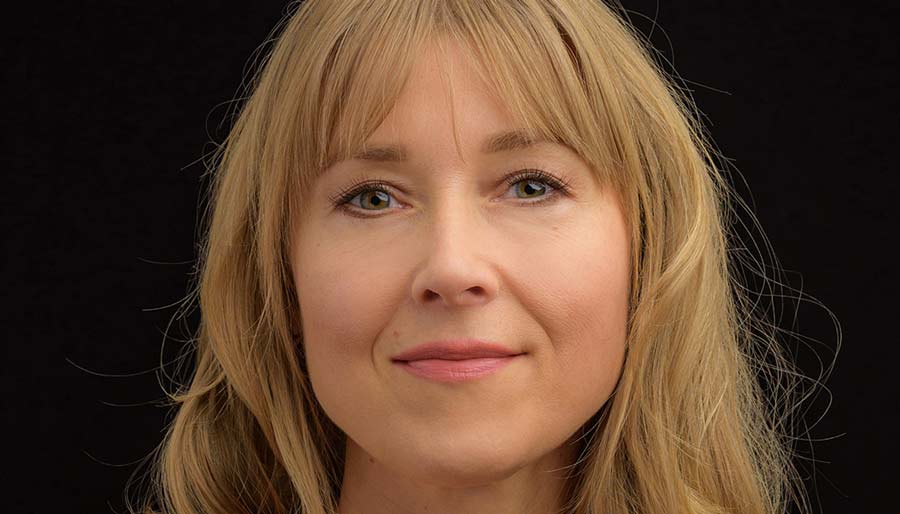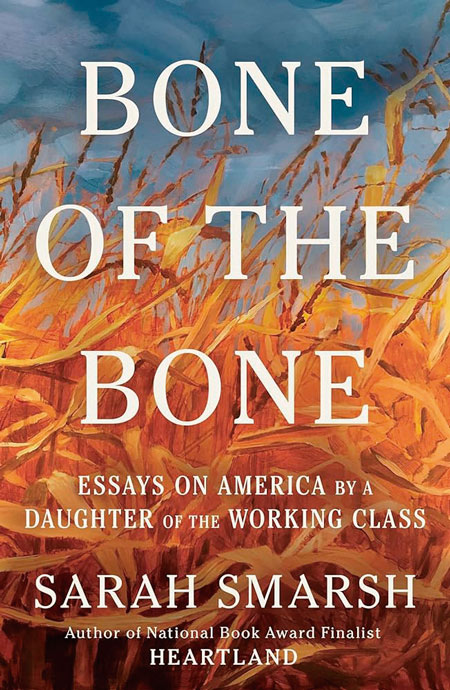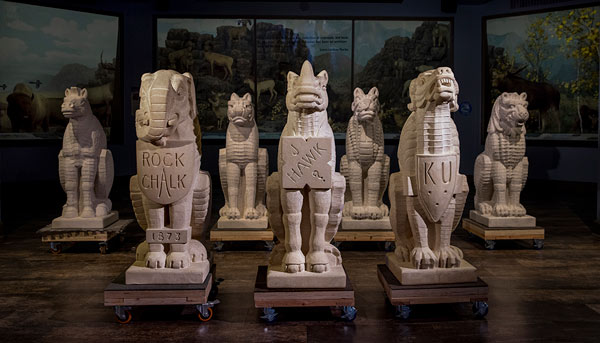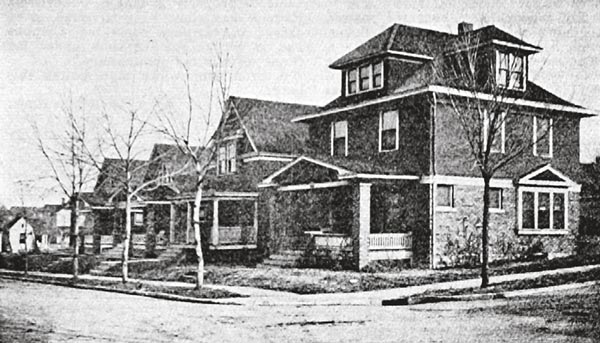Sarah Smarsh writes of working-class America in latest book
The KU alumna’s essay collection combines journalism, Kansas upbringing.

Before she was a New York Times bestselling author and National Book Award finalist, Sarah Smarsh was hustling up freelance assignments during a time of foundational transformation in the newspaper industry. While working on the manuscript that would become her acclaimed 2018 book, Heartland: A Memoir of Working Hard and Being Broke in the Richest Country on Earth, Smarsh, c’03, j’03, was filing news stories, culture pieces and essays for midsize dailies and small magazines. By the time Heartland appeared (“Hard Stories,” issue No. 5, 2018), she was writing for publications with global reach like The Guardian and The Times itself, having honed an approach that melds objective reporting with “subjective personal truth”: direct witness accounts that draw on her life growing up in a working-class family in rural Kansas.

Bone of the Bone: Essays on America by a Daughter of the Working Class collects three dozen essays and articles that gain authenticity from the firsthand familiarity that Smarsh—a fifth-generation Kansas farm girl and first-generation college graduate—has with the disadvantages and stereotypes heaped on the working poor, rural or otherwise. As she writes in “Poor Teeth,” a 2014 essay in Aeon that details the challenges faced by those who lack dental insurance, “I am bone of the bone of them that live in trailer homes.” She brings a fierceness to her core mission of setting the record straight on red state America. Piece by piece, Smarsh builds her case that rural America is more racially and culturally diverse than the coastal media portrays, and that class, far from a nonissue in these United States in the 2020s, is the issue of the 21st century. That she made that argument in the pages of The New Yorker, The Atlantic and Harper’s—where some of these essays first appeared—only heightens the sense that Smarsh is driven to speak truth to power.
From the dedication (“For the unseen”) to the closing line in the final essay, a moving, previously unpublished remembrance of her mother, Bone of the Bone displays Smarsh’s determination in “revealing what I am: a defender of those whose sacredness goes unseen.”
Steven Hill is associate editor of Kansas Alumni magazine.
/




